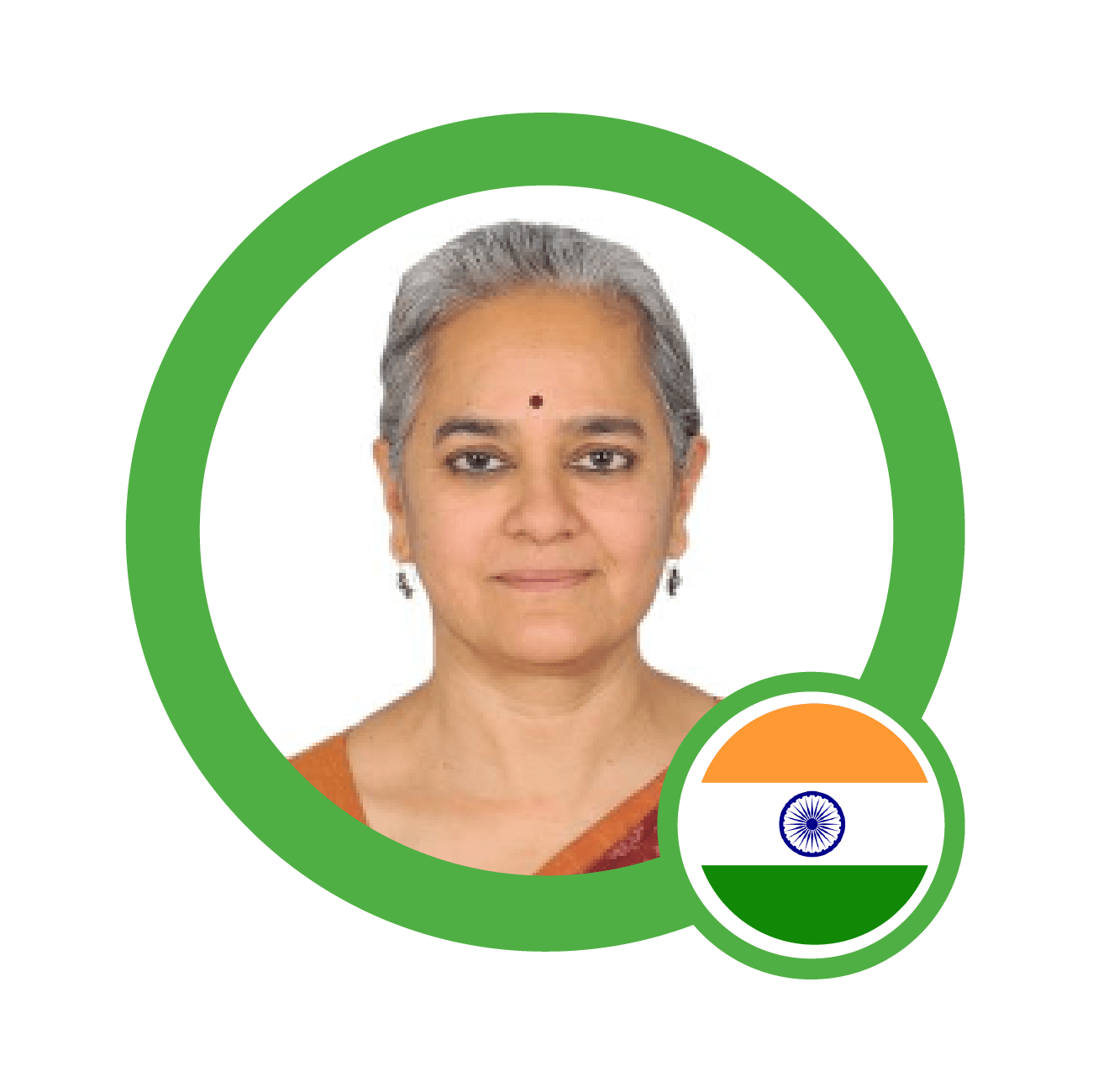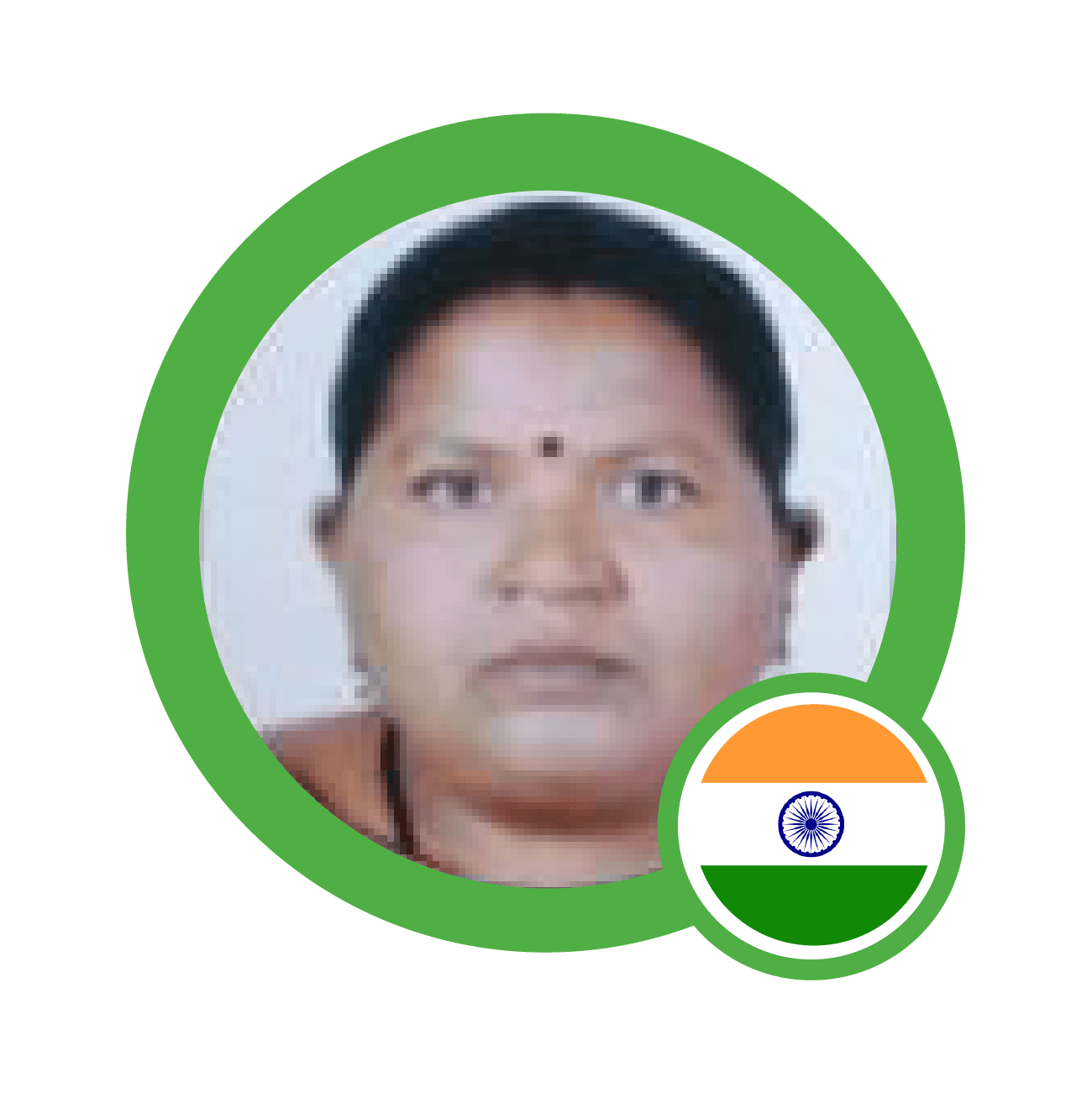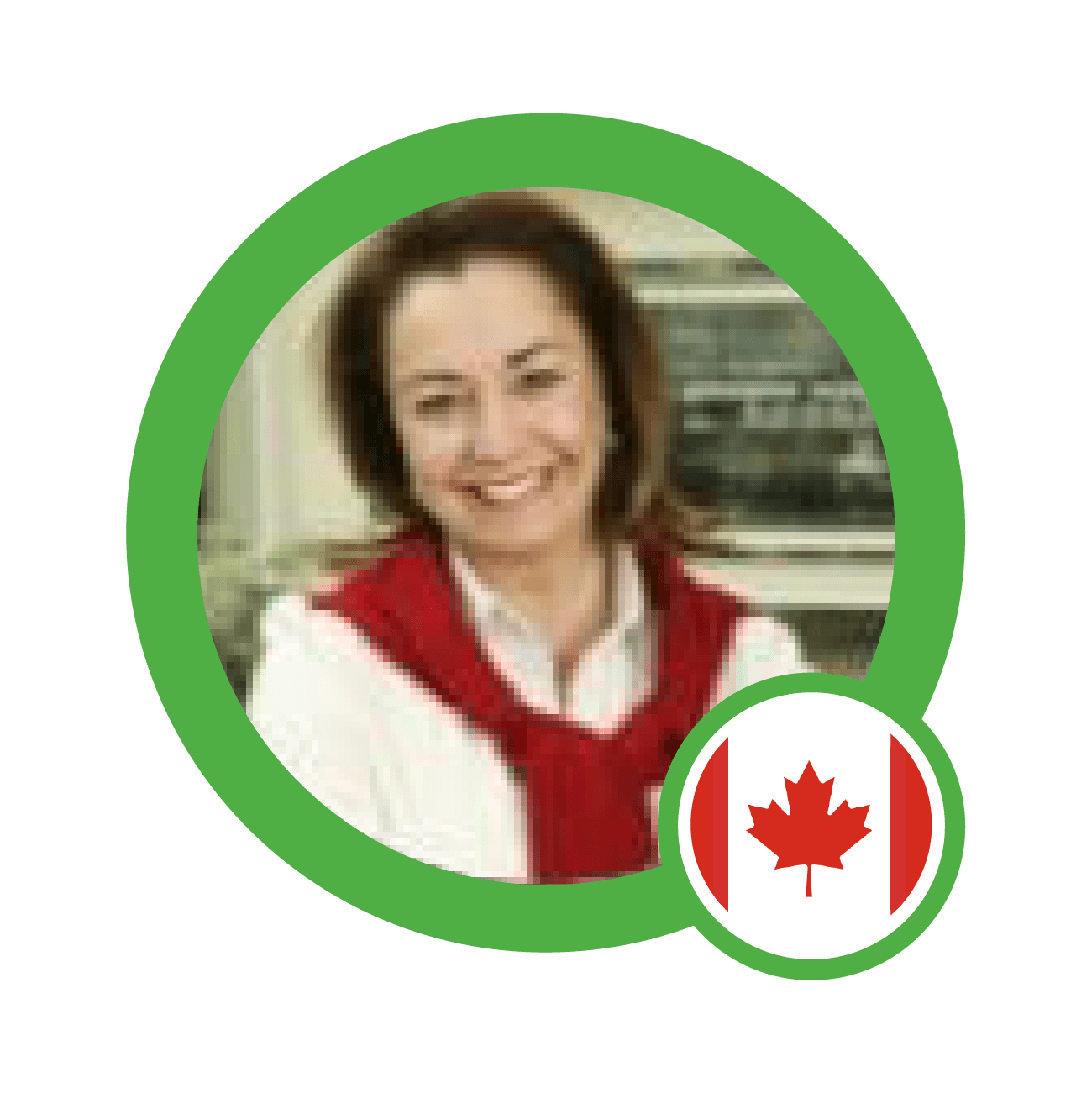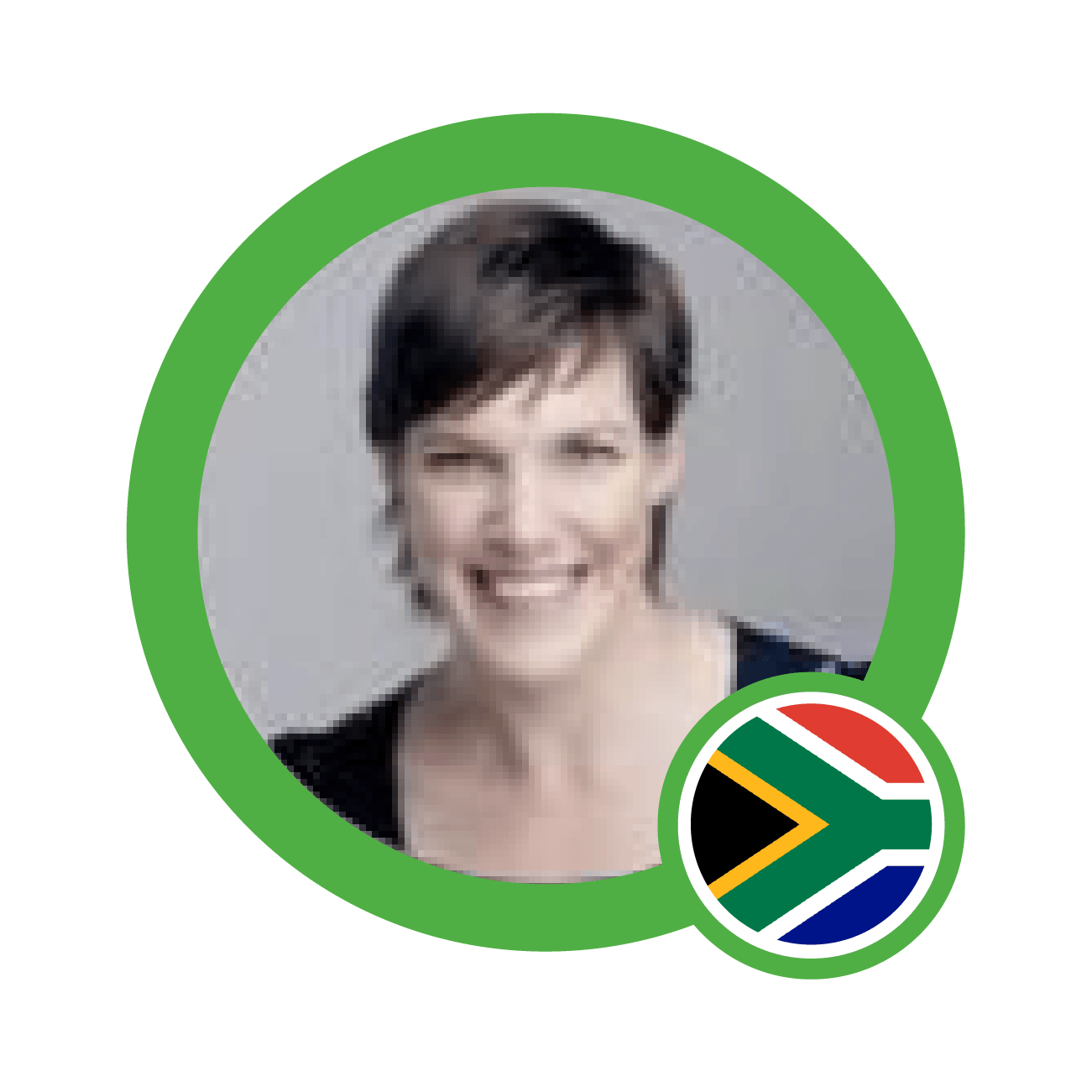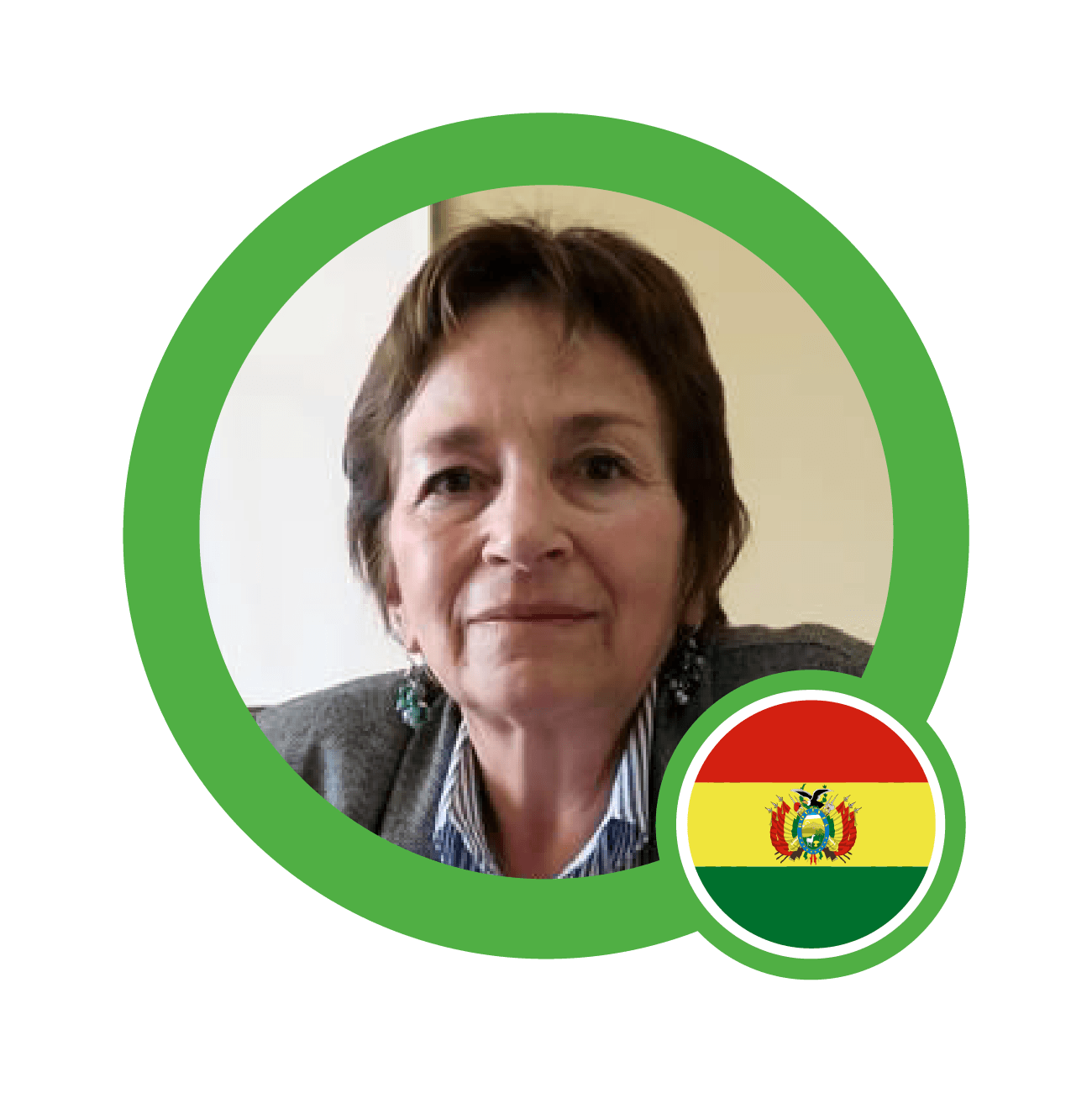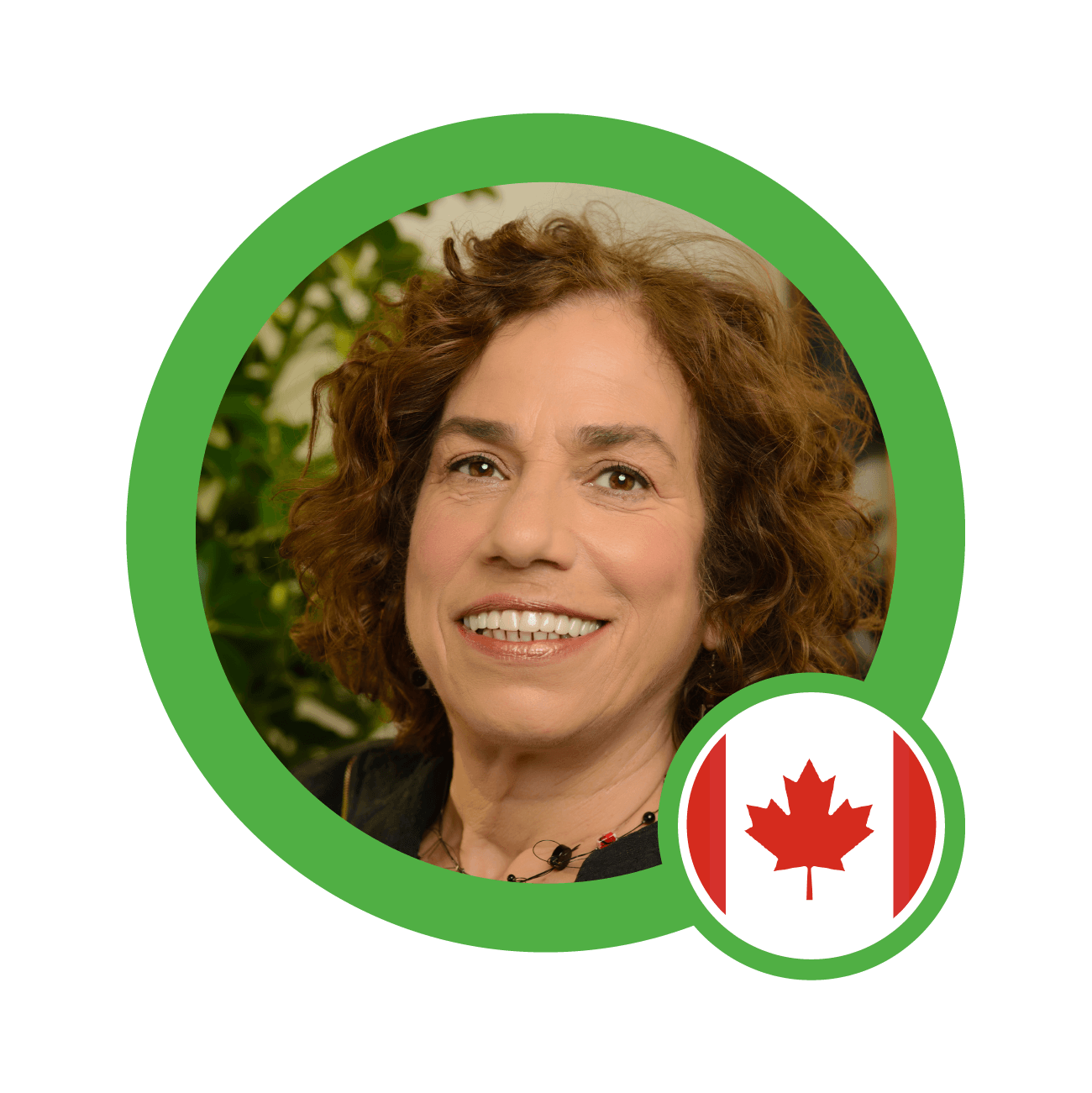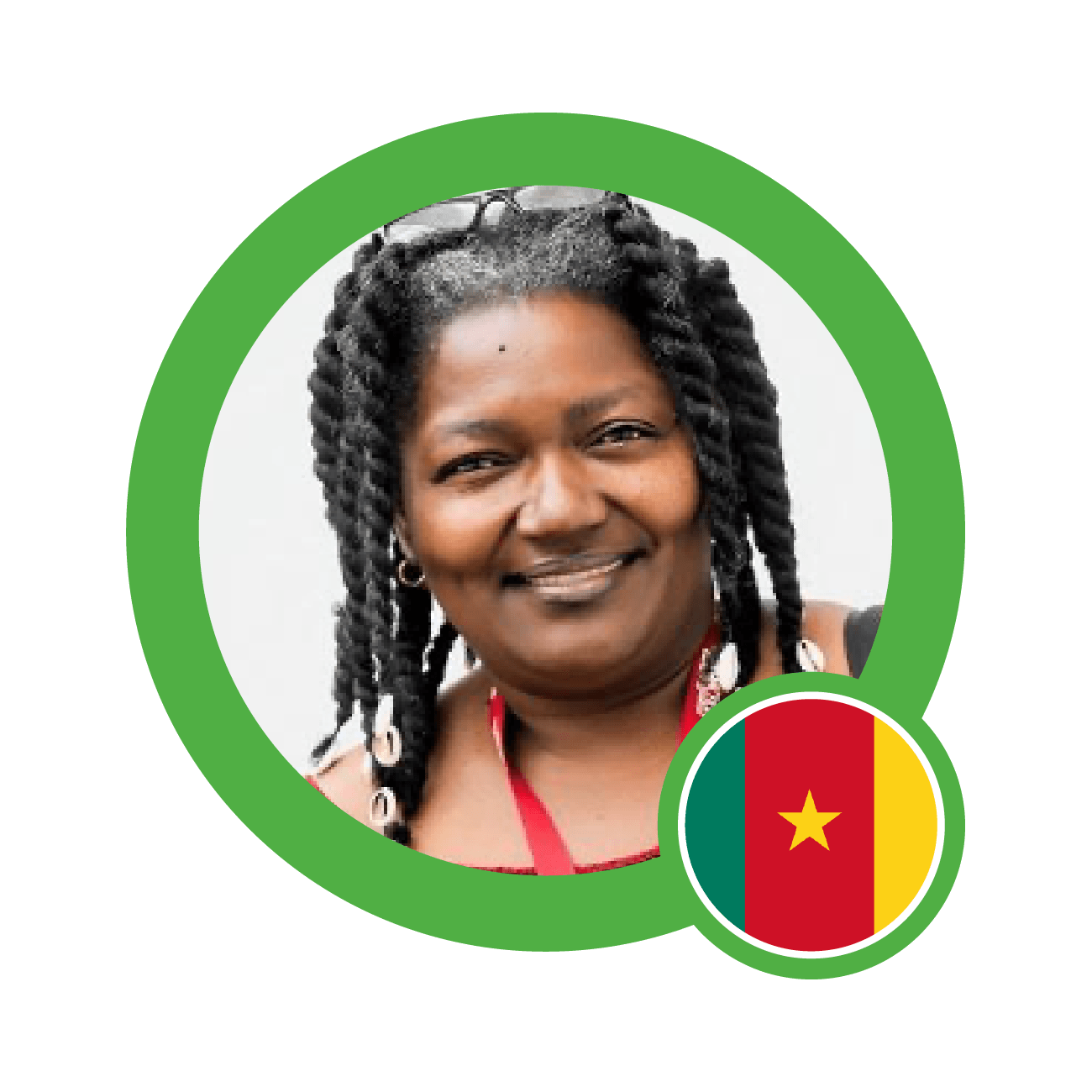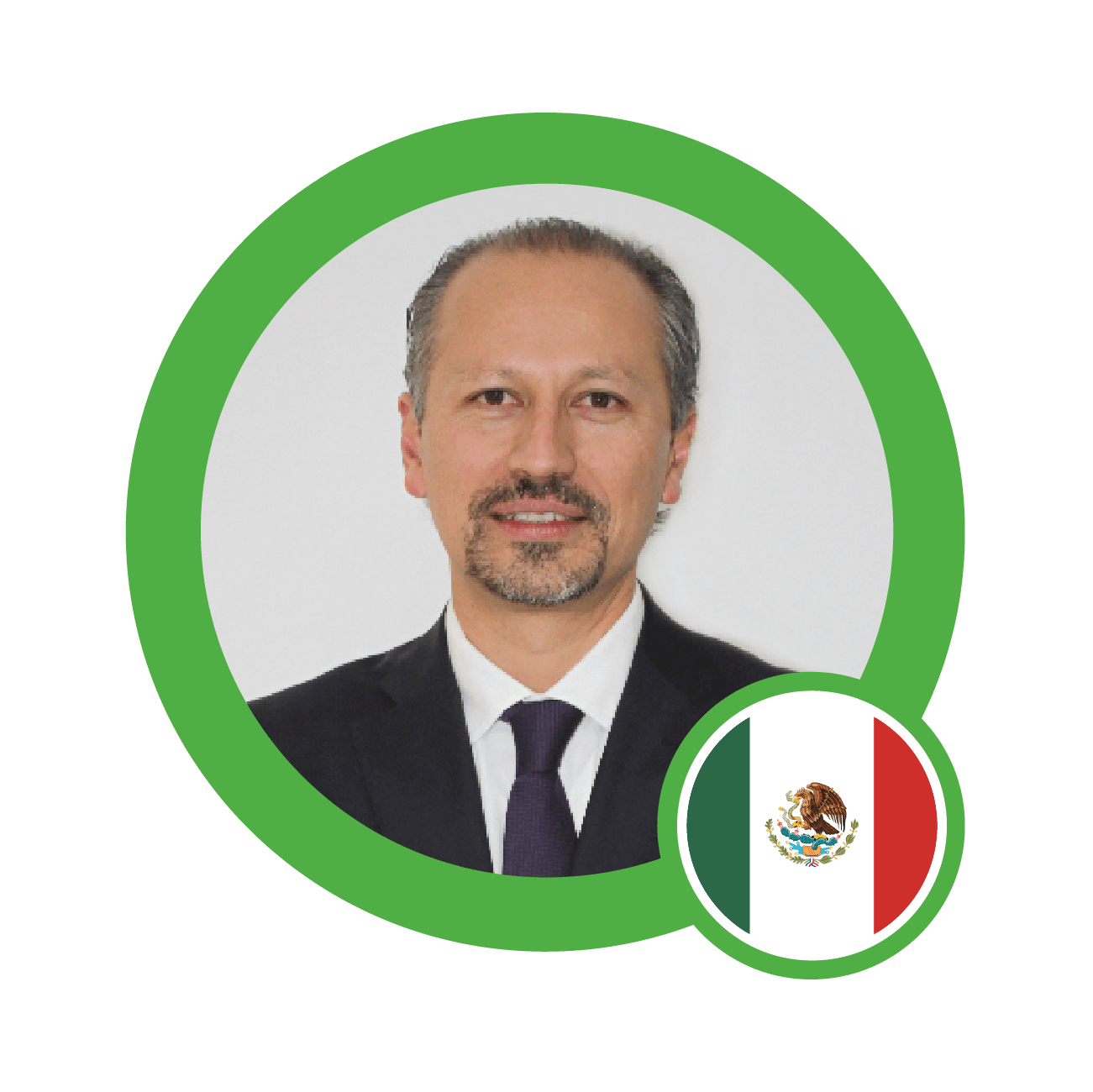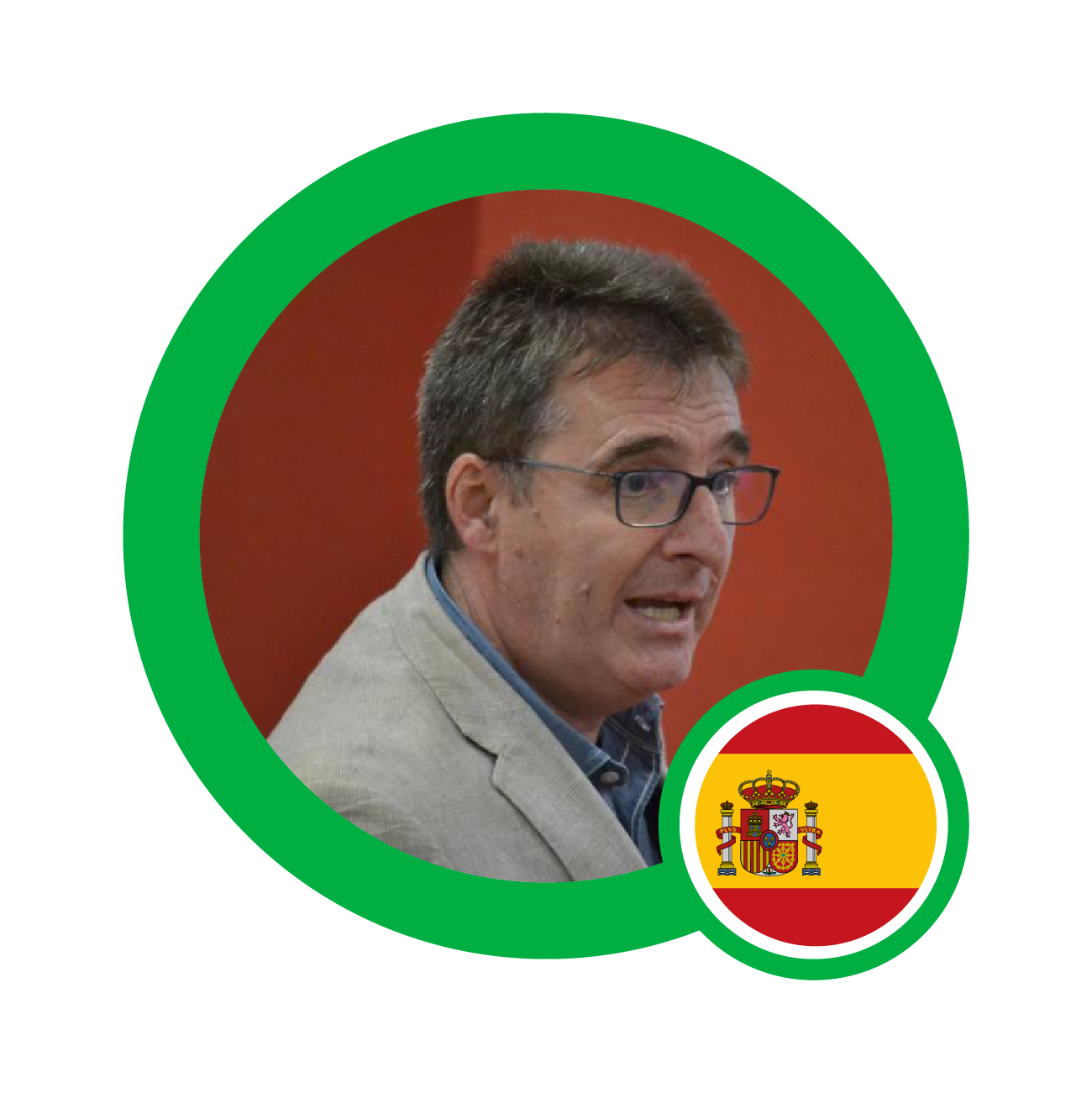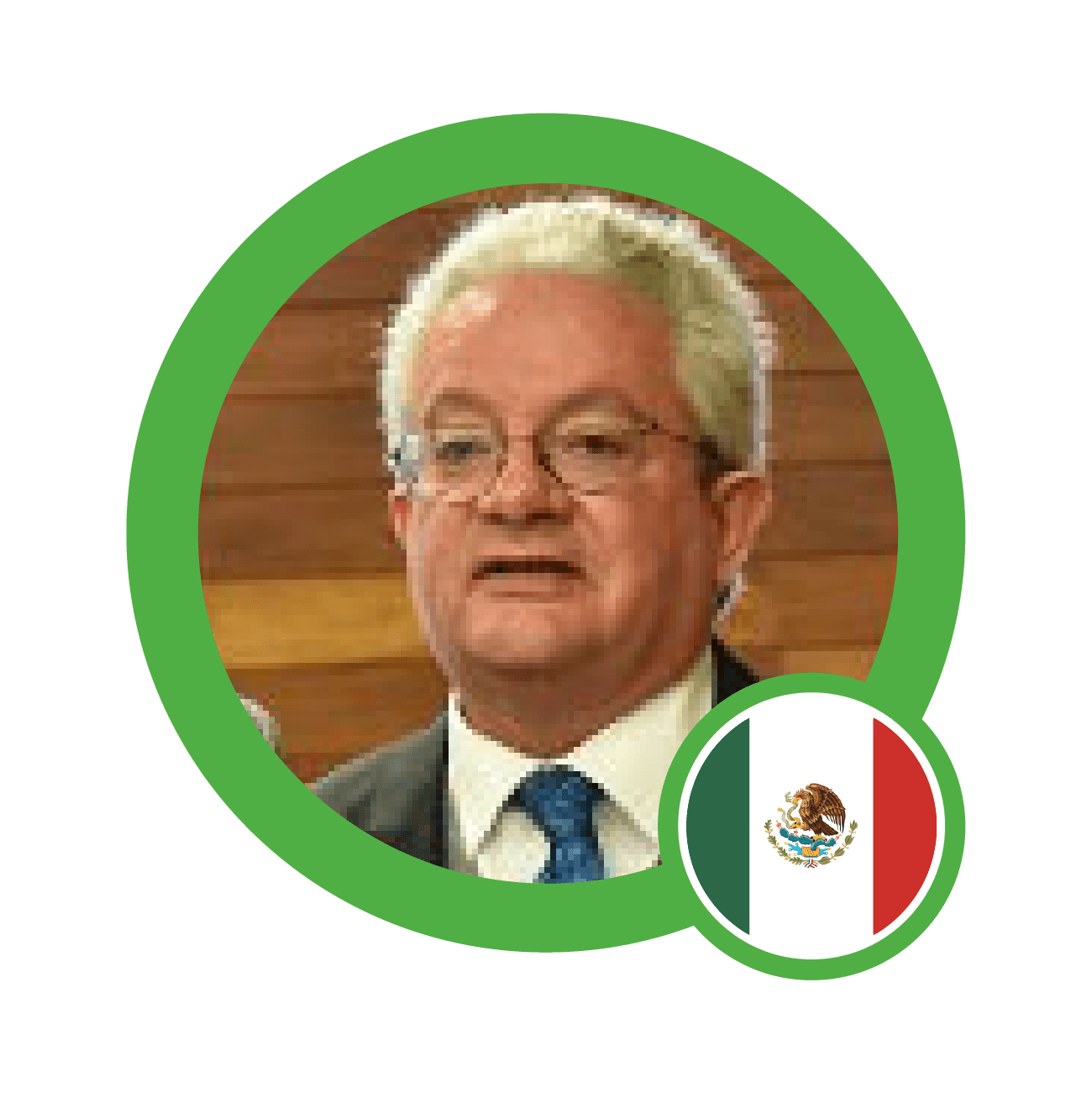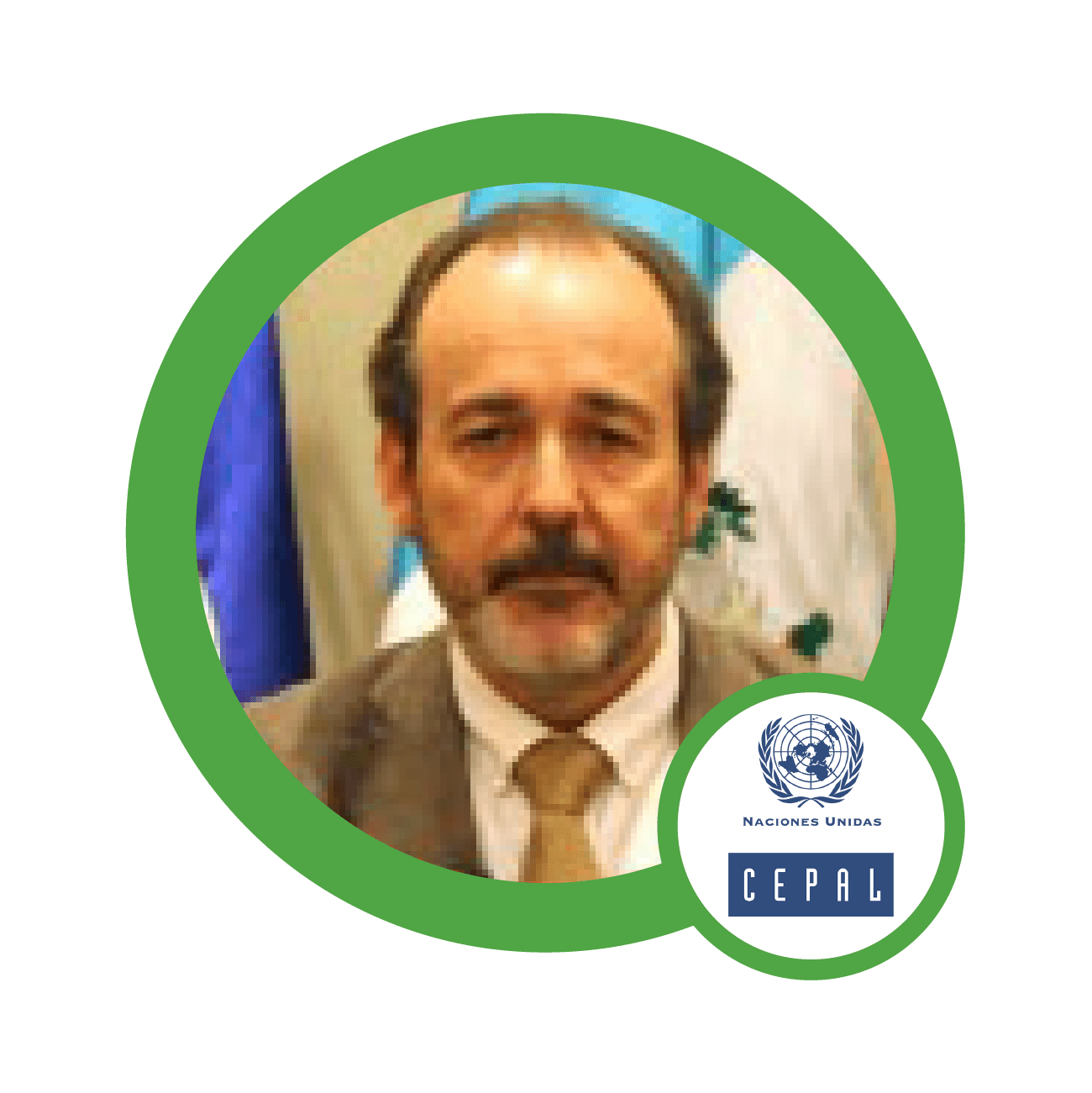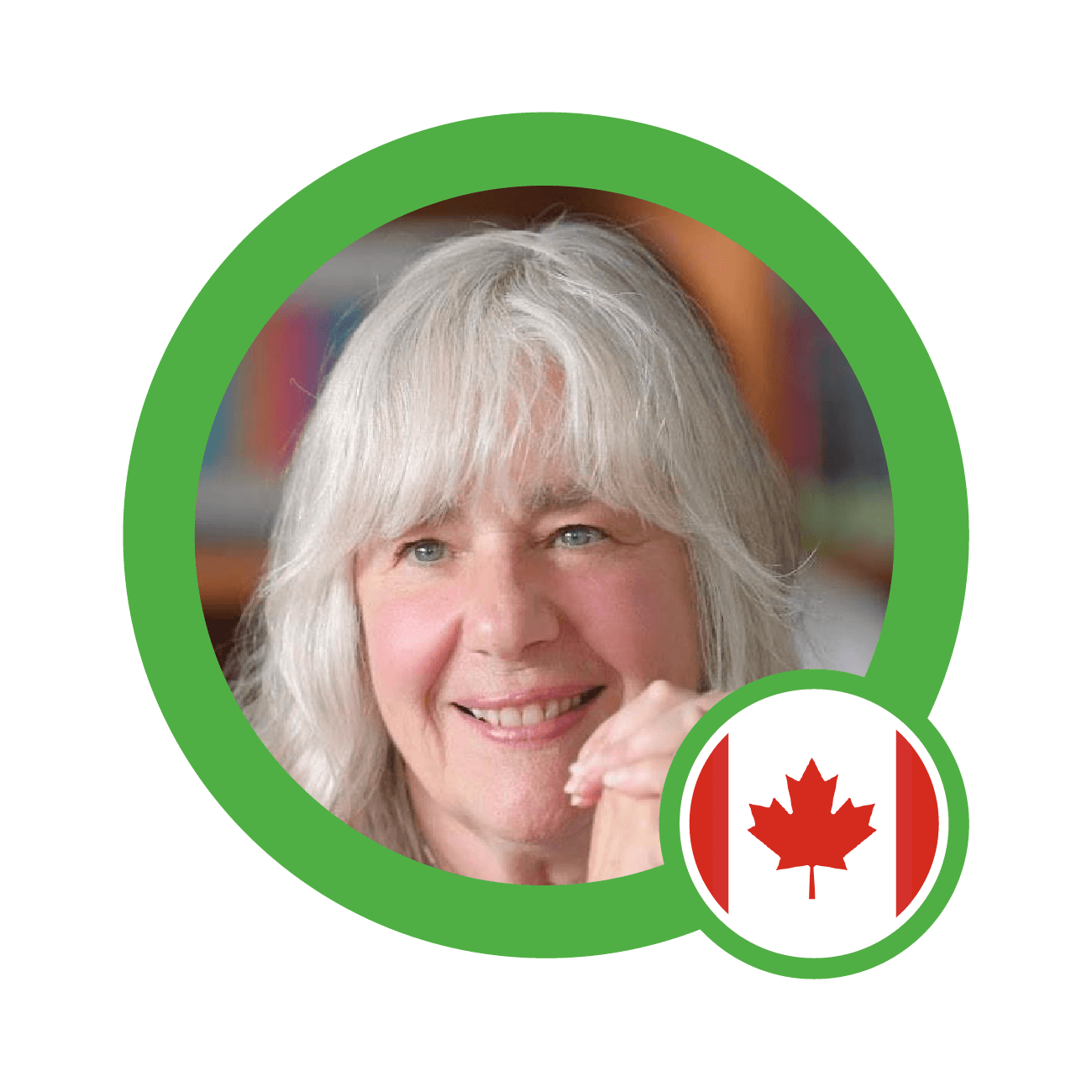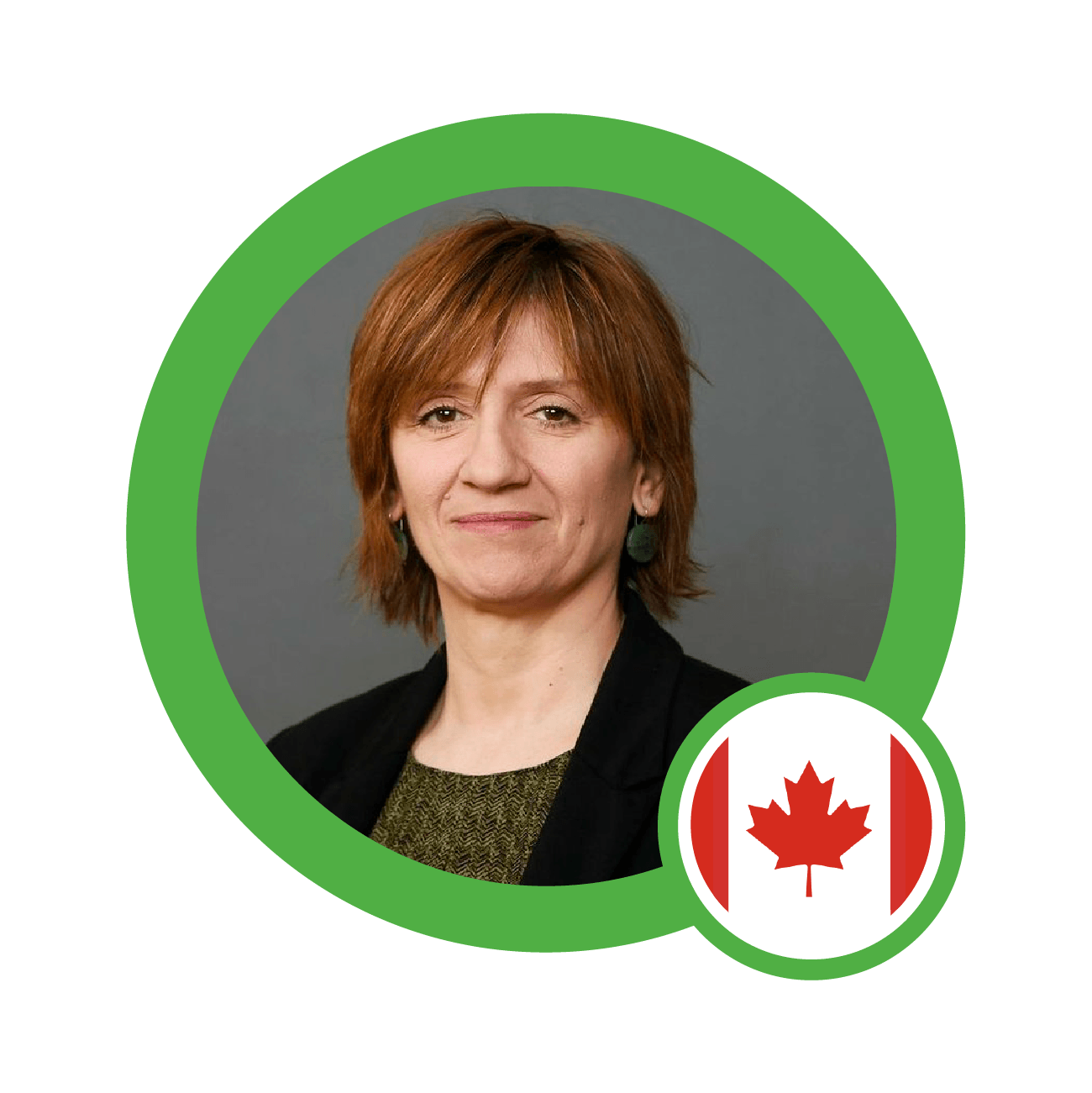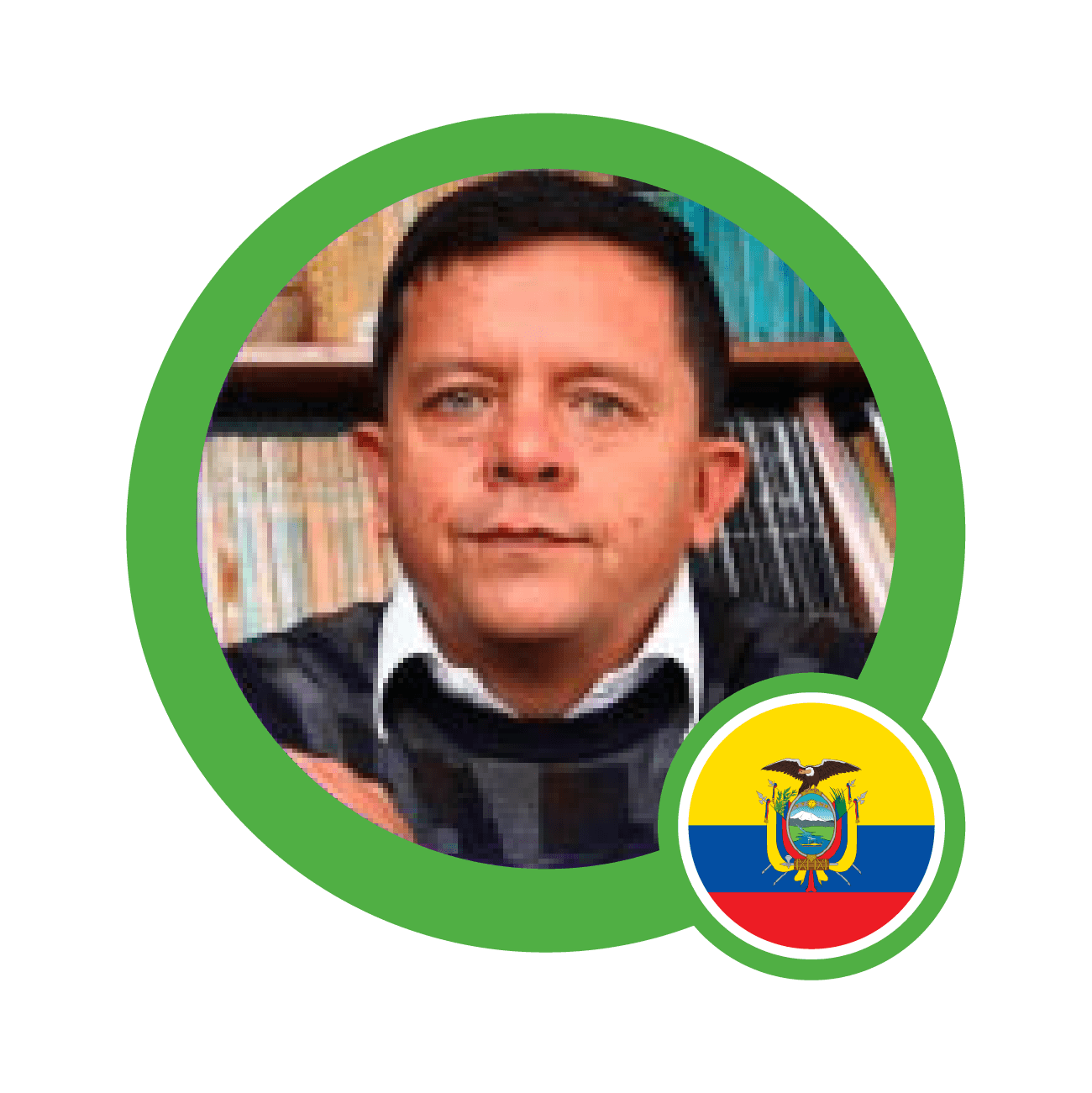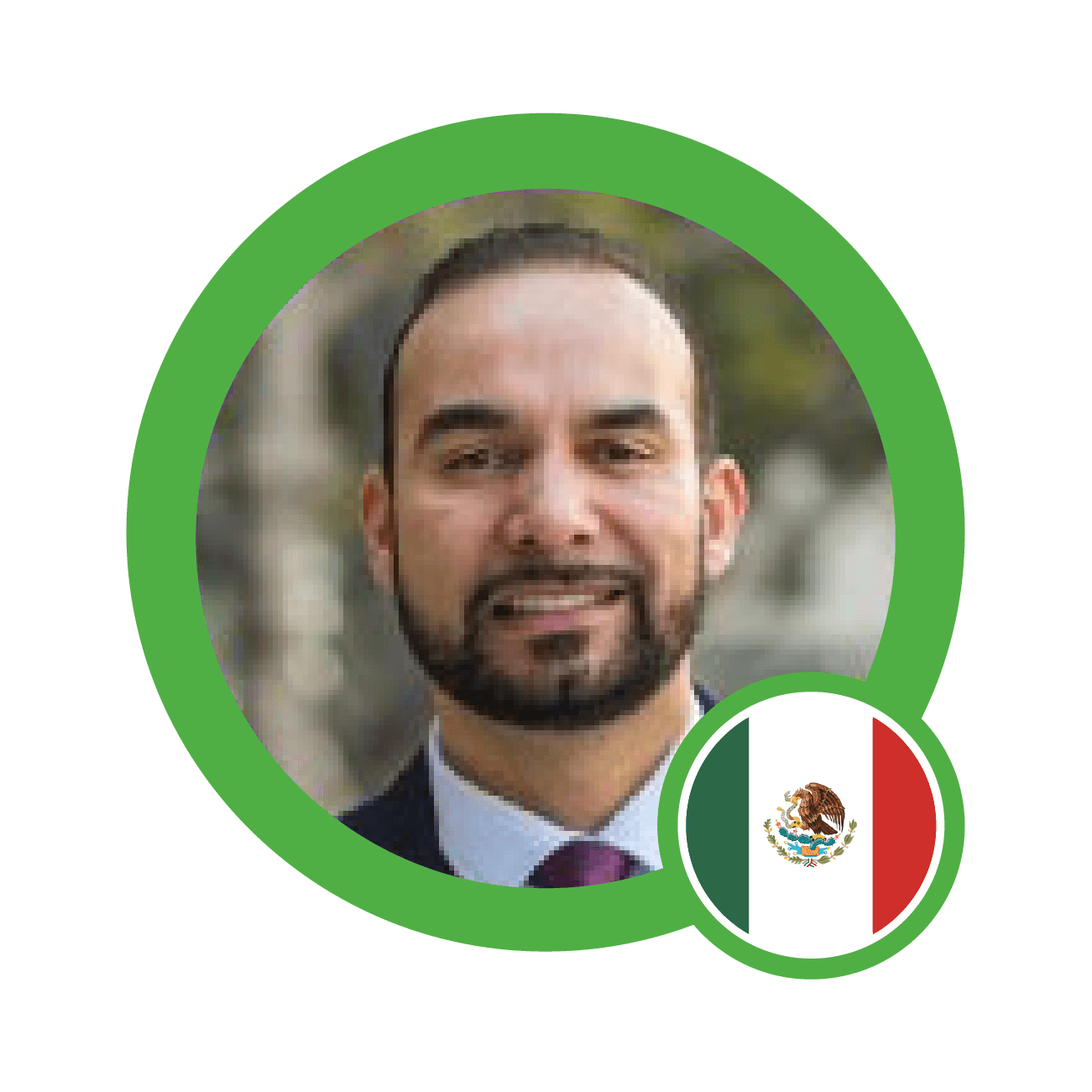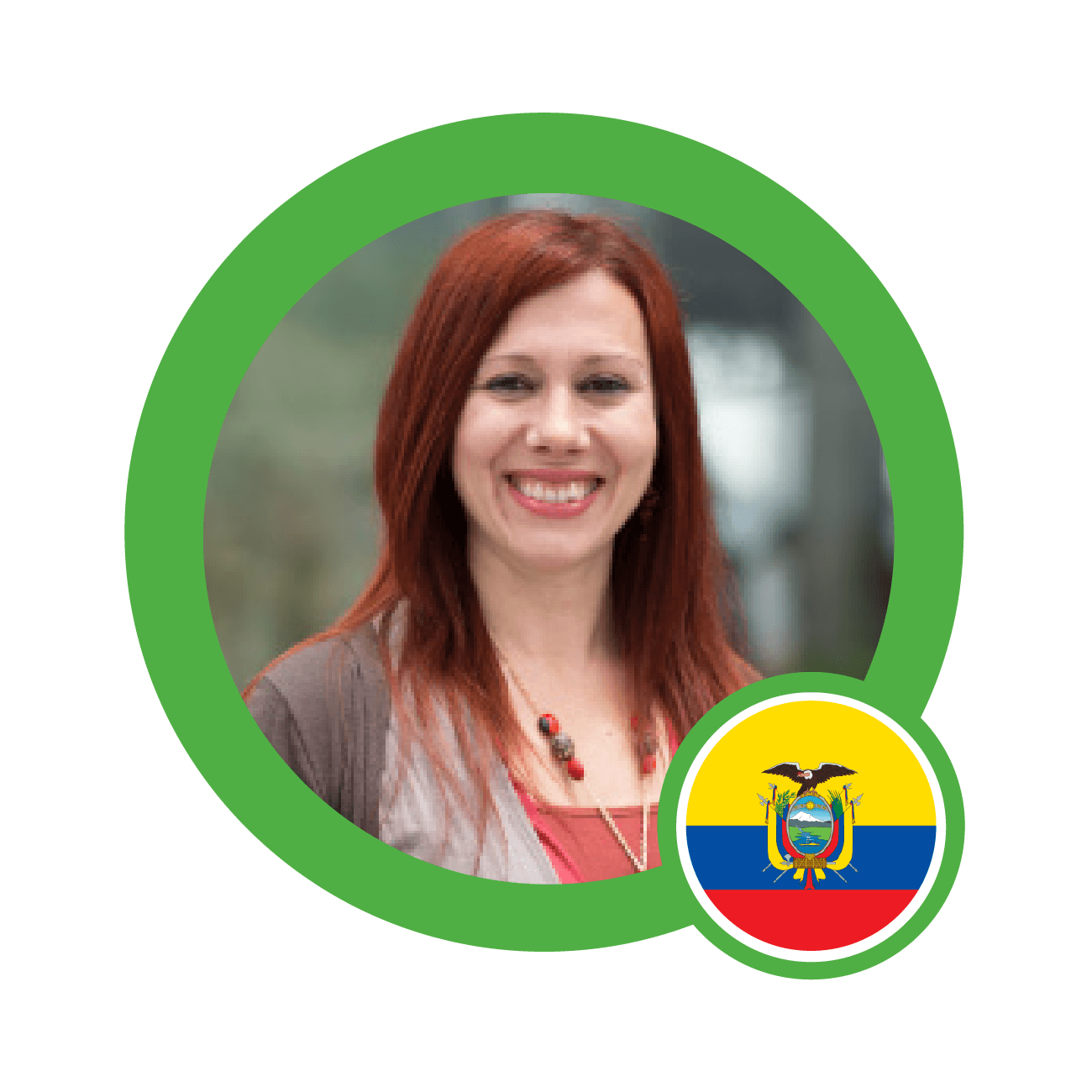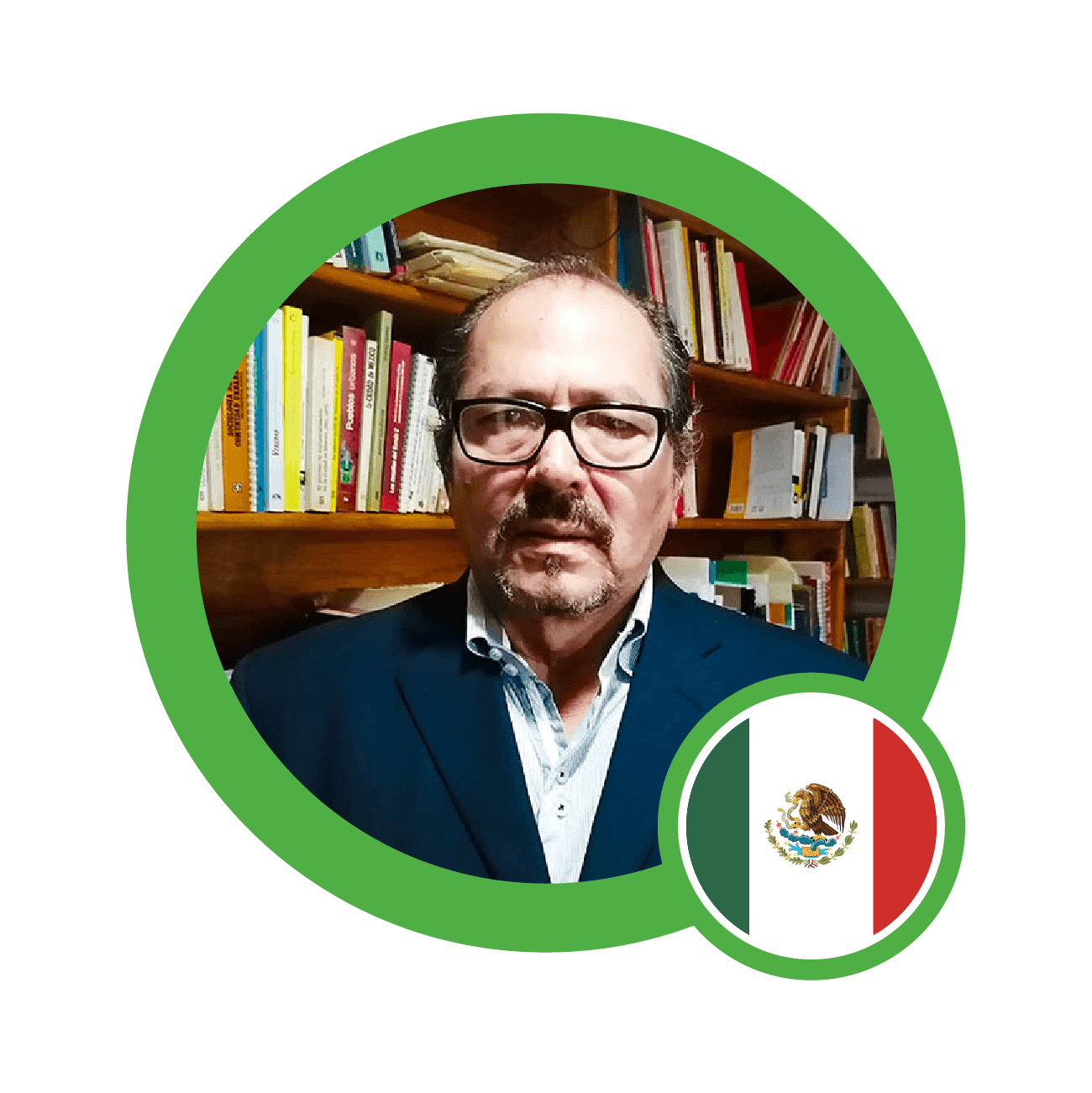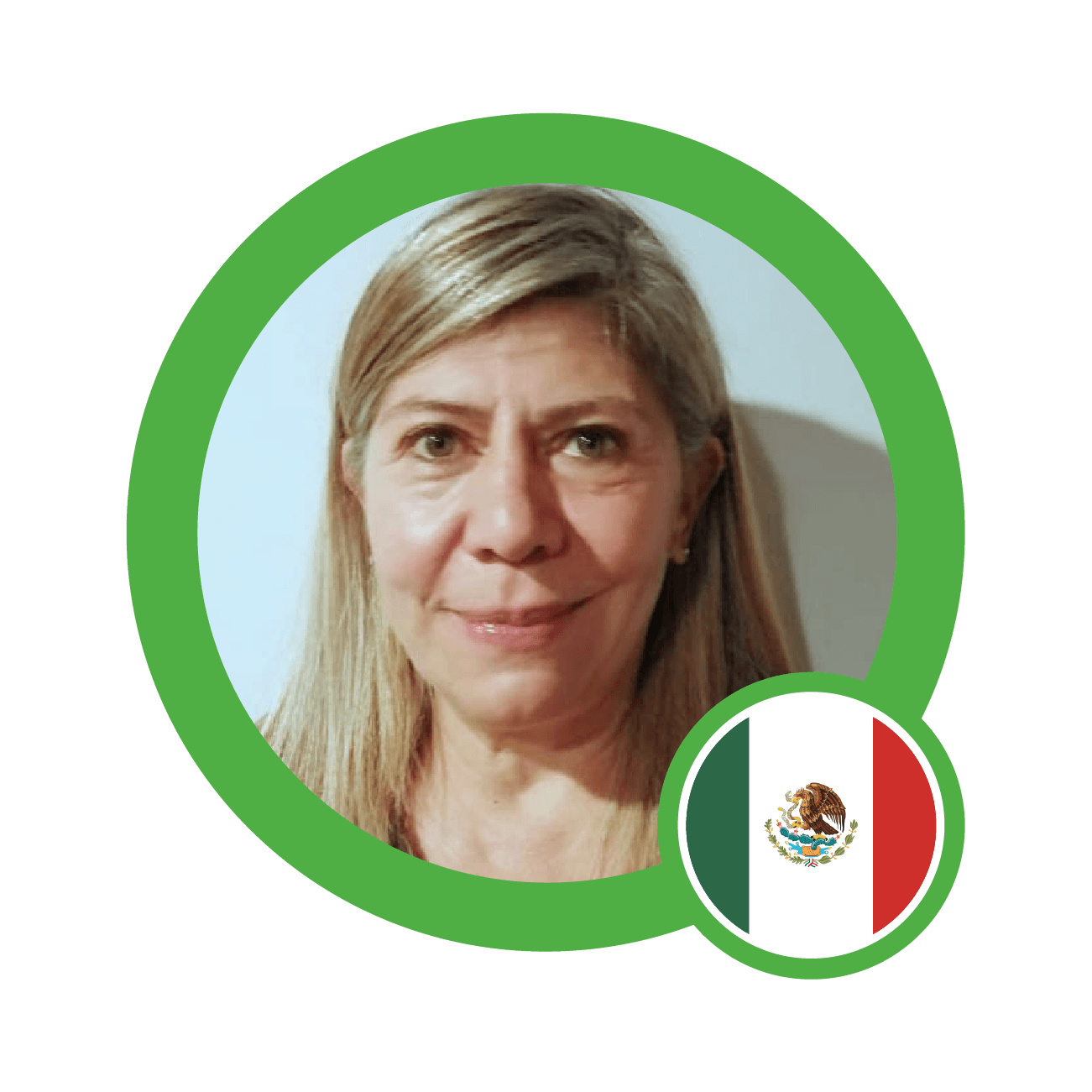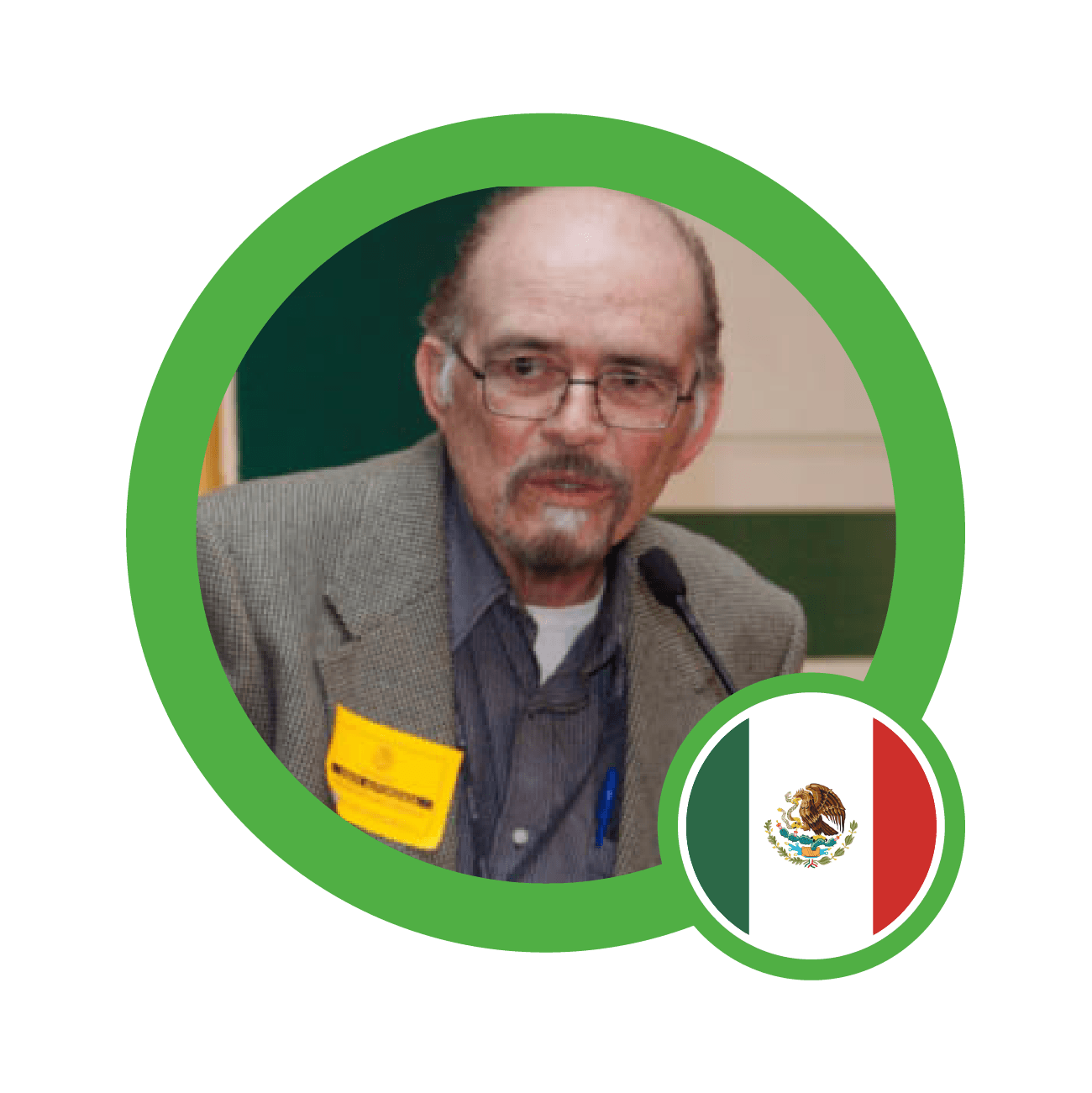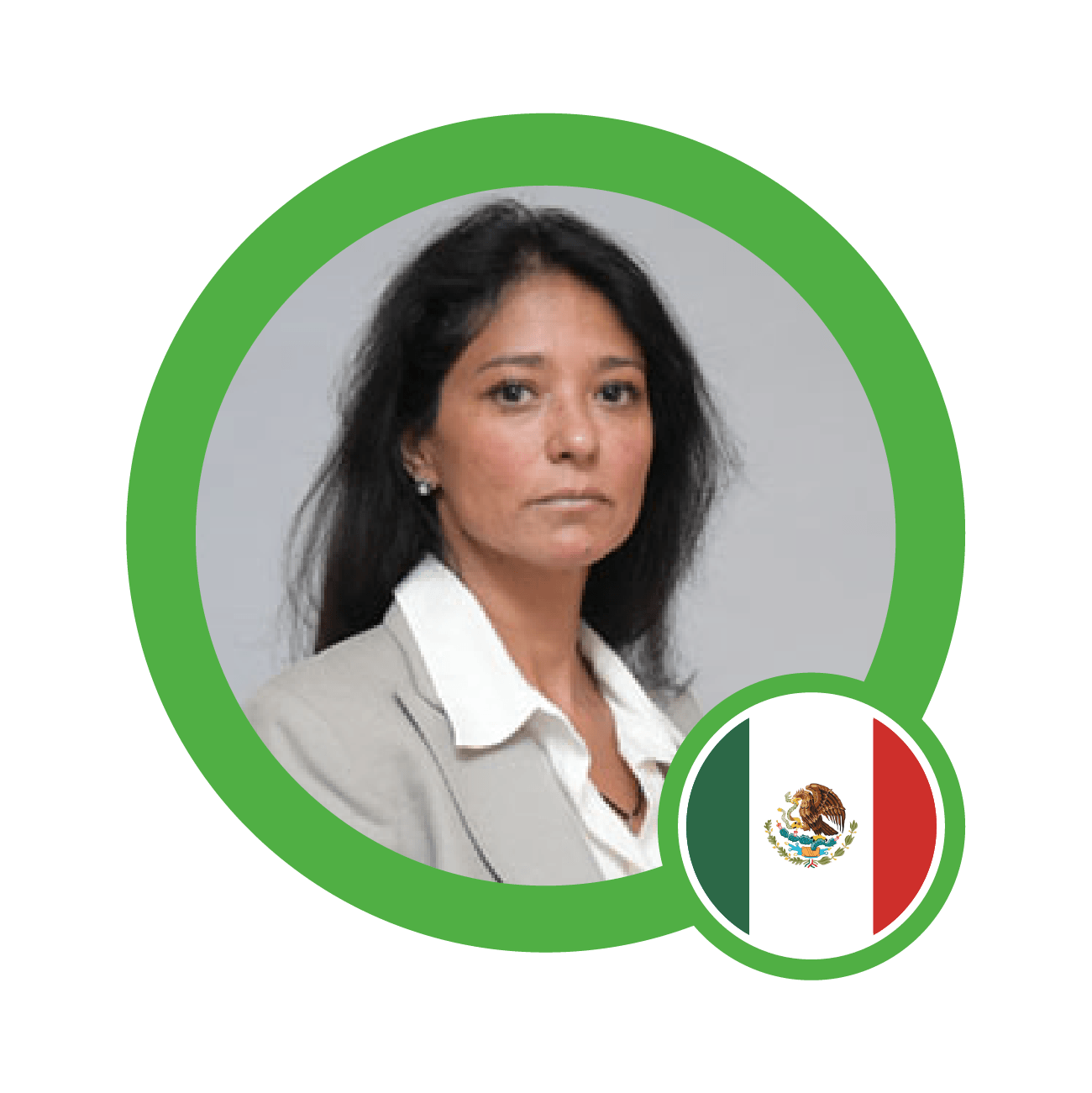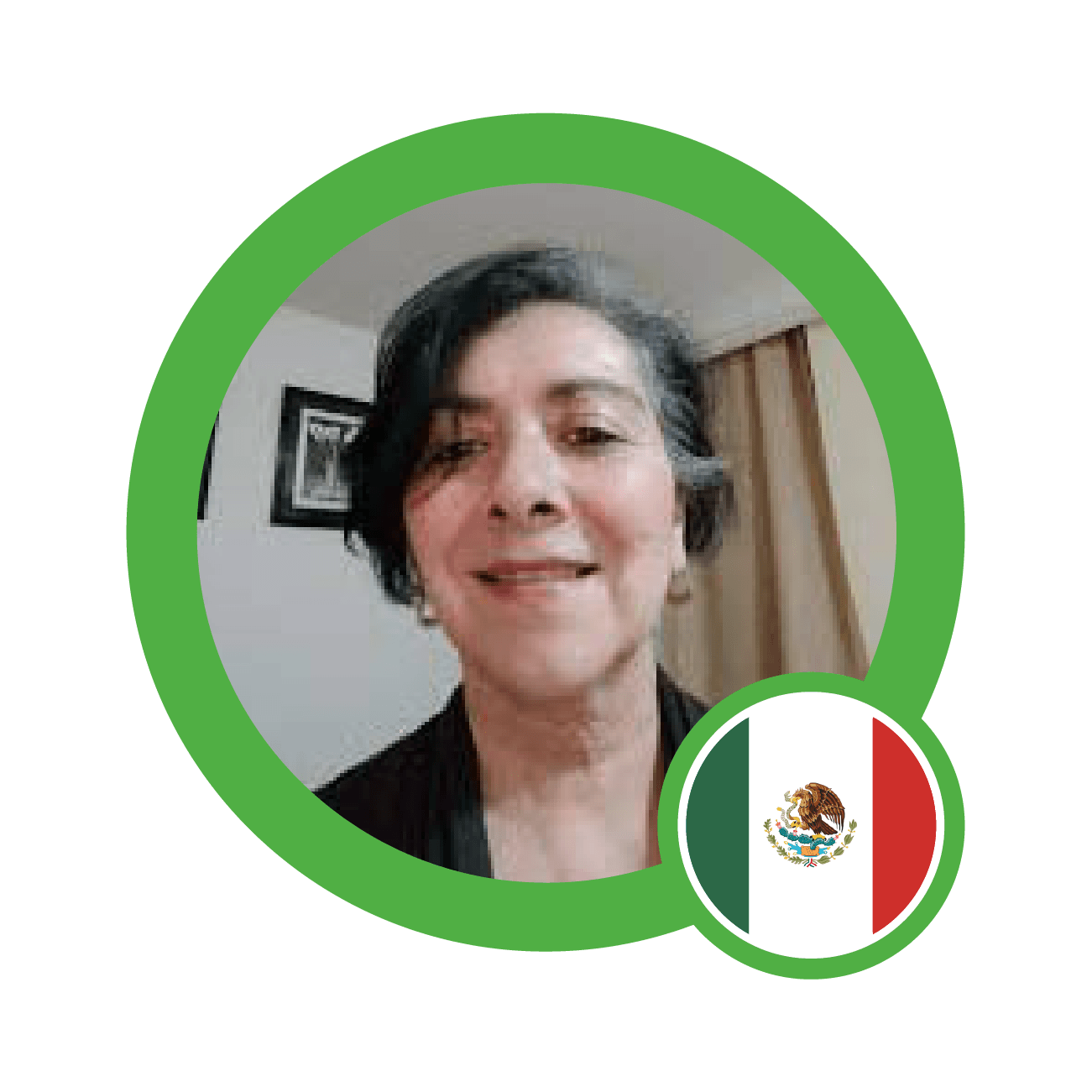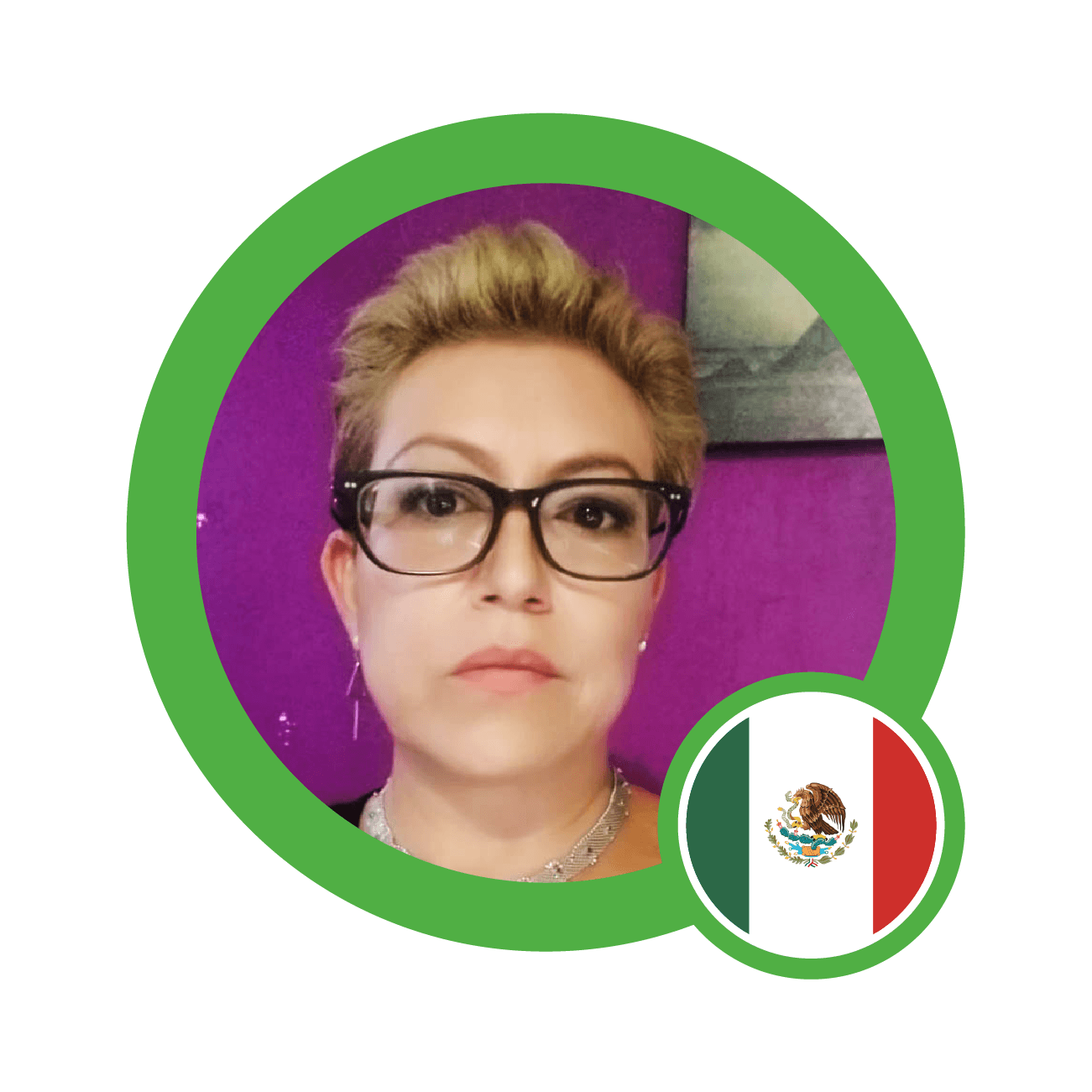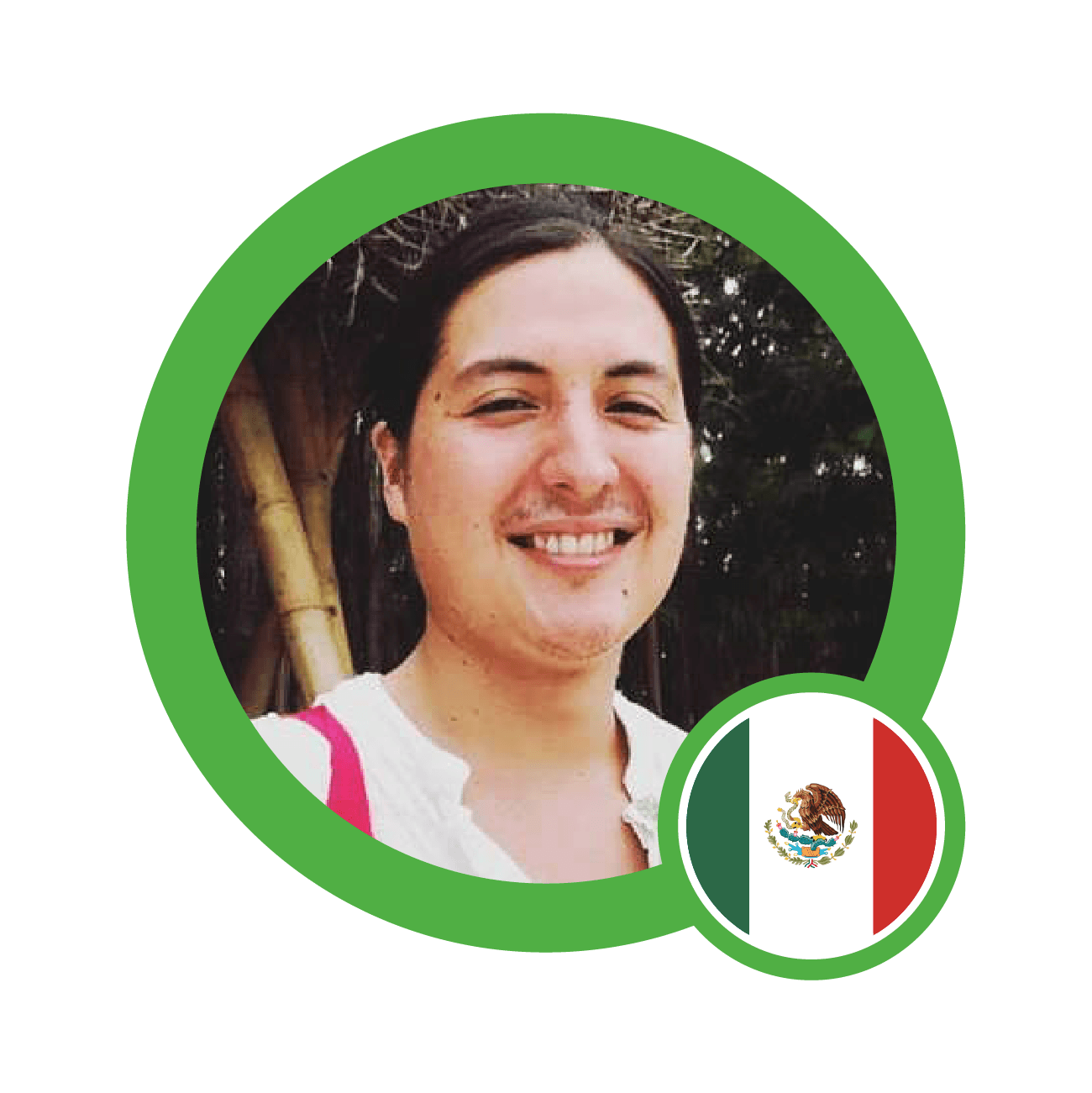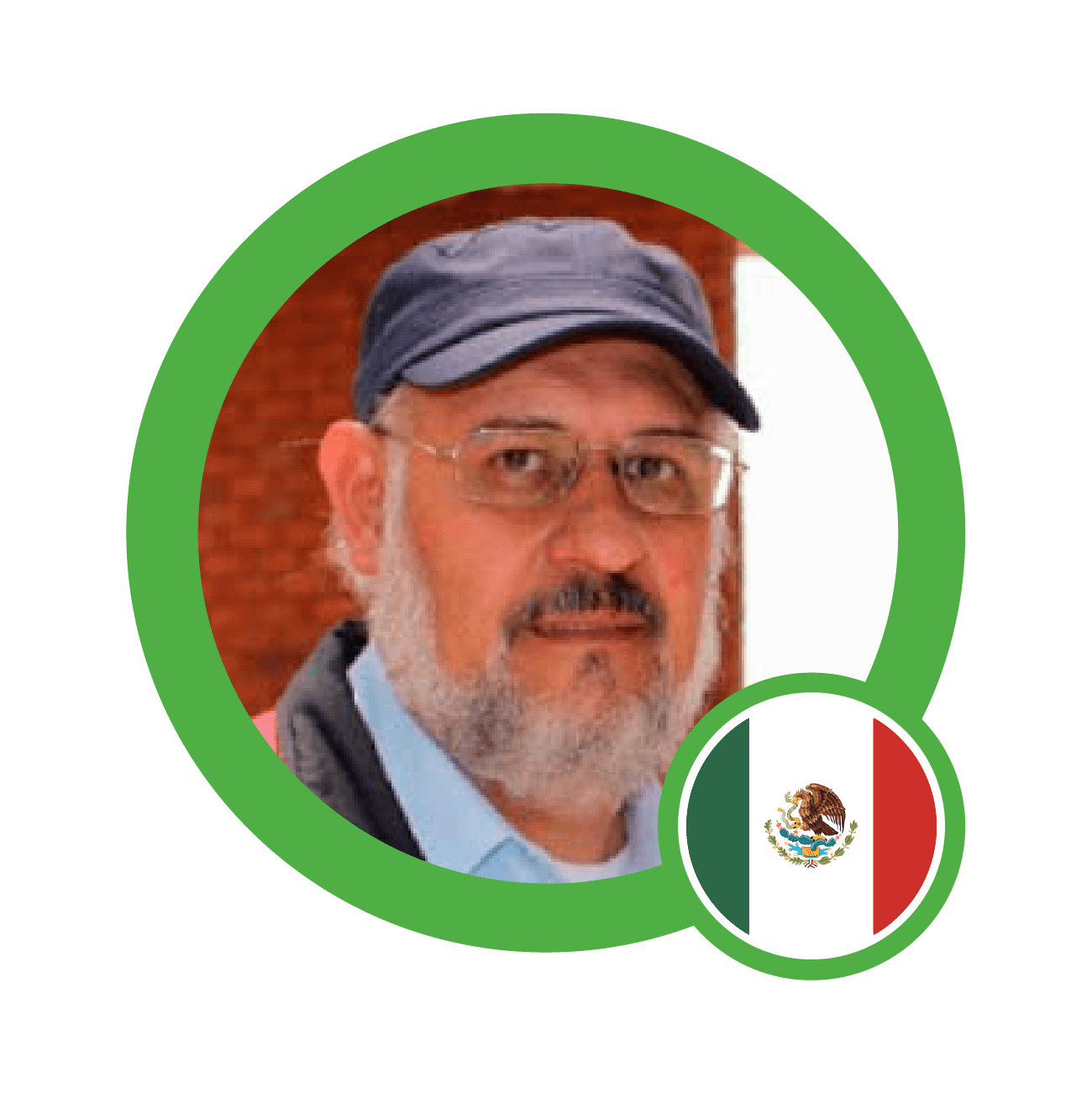Thematic session
Women & Gender Equality for SSE
co-organized by GSEF, the Self-Employed Women's Association (SEWA), and International Forum SSE (IFSSE)
The difficulties such as labour market discrimination and work-family conflict faced by women in securing a decent job in market economy turn them to engage more with Social and Solidarity Economy (SSE) organizations. The inclusiveness of SSE allows women to enjoy their full economic, social, and political rights. SSE organizations and enterprises often facilitate flexibility in time management and provide opportunities for paid work alongside with care work at families. This characteristic explains women’s needs for SSE and their commitment in leading the SSE movement. In this session, speakers will highlight successful initiatives by women's organizations or targeted at women during the COVID-19 crisis. These examples will illustrate how women’s SSE organizations can help the community stay resilient under the time of difficulties.
Although SSE organizations may provide alleviation measures to women and communities, they face different types of challenges. Speakers will also discuss the challenges they met and what are possible solutions to overcome the difficulties with innovation and new collaborative actions.
Plenary Session 2
Civil and Public Initiatives to Consolidate SSE: Convergences among Actors and Sectors
Strengthening the Social and Solidarity Economy model that seeks well-being and inclusion requires a joint impulse and multi-stakeholder and multi-level networking, in an organized manner and with proactive and explicit action that consolidates efforts, for a different, supportive and equitable word.
Building synergies between the actors of the Social and Solidarity Economy (SSE) has been a basic principle of the sector; this plenary invites people from different latitudes of the word to learn about the experiences og governments and civil society actors in implementing local initiatives based on citizens' demands and knowledge of the realities of the territories, by forming alliances.
Sesión temática
Gobiernos nacionales y locales para la ESS
Se trata de una sesión que convoca a los gobiernos locales a dialogar sobre “Buenas prácticas: retos, lecciones y estrategias” desde la ESS para atender los asuntos que se enfrentan en la región de América Latina y el Caribe, en un contexto global y de logro de la Agenda 2030; mediante una introducción de la CEPAL y una reflexión final sobre cómo el contexto de pandemia COVD-19 está transformando las sociedades, se conversará sobre las soluciones o rutas de cara al futuro.
Thematic session
Sustainable Development Performance Indicators for the SSE: How to measure progress towards the SDGs organized by the United Nations Research Institute for Social Development (UNRISD)
Explanations on the limitations and opportunities of existing indicators Introduction of the UNRISD’s Sustainable Development Performance Indicators
Sesión temática
Academia y la ESS
Se trata de una sesión que convoca a la academia y la investigación para reflexionar y recrear el pensamiento en función de la historia y coyuntura, para proyectar líneas estratégicas de largo aliento que permitan la consecución no violenta de la nueva economía, de la Economía Social y Solidaria (ESS).
Sesión especial
La transición de la economía del capital a la economía solidaria desde la organización comunitaria
Objetivo de la sesión Establecer criterios para la transición a la Economía Solidaria a partir de los retos que tenemos en la crisis económica derivada del COVIRUS. Proponer estrategias y acciones viables a nivel comunitario urbano y rural en México. Presentar casos de estrategias y acciones en desarrollo a nivel comunitario en México. Entre ellos, recuperar experiencias como las cooperativas de vivienda conformadas a partir de los sismos de 1985 (Cooperativa Guerrero y Plan Tepito) o la cooperativa Palo Alto, etc

